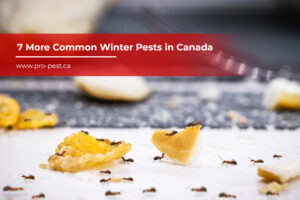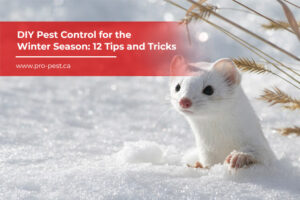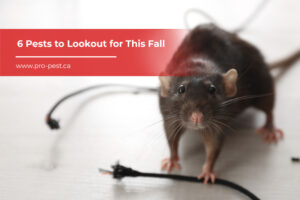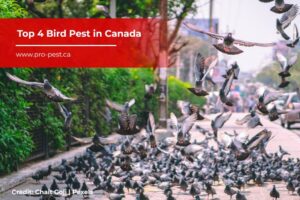Raccoons are medium-sized mammals known for their greyish fur, extremely dexterous front paws, and facial mask. They are tiny, intelligent animals that normally live in the wild — such as the lush tree-lined areas of the city of Toronto, Ontario.
In recent years these seemingly harmless animals began rapidly populating and have infiltrated Toronto urban life. In fact, the city had a reported 100,000 raccoons in 2017. Their “growth spurt” was so massive that many people refer to the city as the “raccoon Capital of the World.” Obviously, raccoons aren’t under threat of extinction anytime soon. Their growth is unchecked, and that is making some city dwellers uneasy. Several removal and regulatory measures have been taken to curb this potential population problem.
When did raccoons start invading Toronto?
The Toronto Star chronicles the first sightings of raccoon infestation back in 2002, when the city launched its “organics bin” program, which separates compostable waste in “green bins.” The bins, however, became attractive fodder for raccoons, which found them easy to open by tipping them. With ample food at their disposal, these furry creatures flocked into neighbourhoods and backyards.
Why the sudden population boom?
Raccoons are omnivores, feeding mostly on grubs, insects, small animals, eggs, fleshy fruits, nuts, and vegetables (like corn). They’ll eat just about anything they can find in the garbage. In 2015, a Toronto Staff Report revealed that unintended feeding of animals caused their population to increase. By failing to lock green bins and leaving food outside for domestic animals, residents were helping the raccoons thrive.
How is the City solving the problem?
In 2014, Toronto officials considered euthanizing raccoons as a form of population control, but more than half of the city’s residents voted against it. Upon realizing that the green bins — and the food they contain — have attracted more raccoons, the City created raccoon-resistant garbage bins with locks. These bins are also heavier and harder to tip over. Since this is a long-term solution, slowly cutting off the additional food supply, the City also recommends seeking professionals using raccoon removal services when needed.
How can I remove the raccoons on my own?
For safety, it is best not to try to move a raccoon. Forcibly removing an animal from your property is likely considered legal or inhumane; they are still identified as wildlife. Leave the raccoon removal process to the experts, especially if the animals in question could be carriers of disease.
Are raccoons starting a ruckus on your property? Call Pro-Pest for effective and professional raccoon removal service. Call our hotline at (416) 487-4179 or email our support department at info@pro-pest.ca.


















